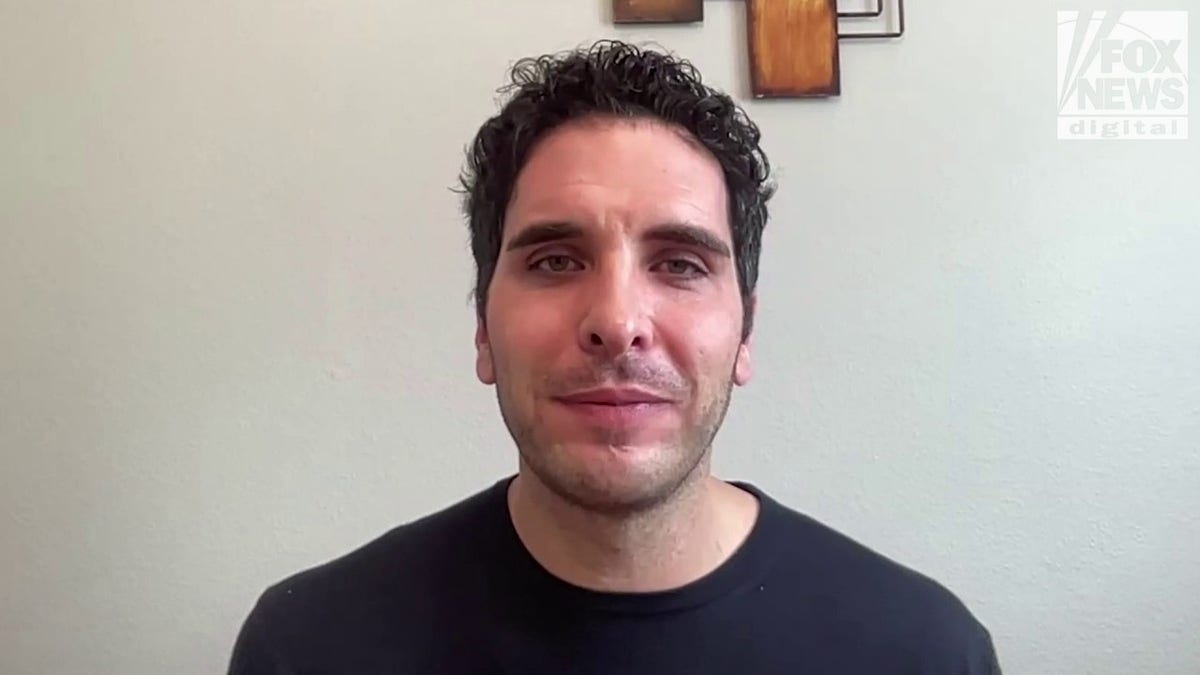Invest in your future: College admissions strategist says focus on long-term success over Ivy League prestige
California-based college admissions strategist Greg Kaplan tells Fox News Digital why prioritizing long-term success over prestige is so important when selecting a college.
What's in a name like Harvard, Yale, Brown or Princeton? If you ask college admissions strategist Greg Kaplan, the answer might surprise you.
It's an age-old question that resonates among a slew of ambitious soon-to-be college students and their aspirational parents caught in the fervor of the rankings race, pursuing the dream of "going Ivy" – or having some other elite university's name stamped on their resume – with unrelenting zeal.
But Kaplan warns that such tunnel vision can obscure what truly matters in the search for success.
"We really have to ask ourselves, ‘what are our kids learning at these schools and is it worth the investment?’ Because if they're going to be exposed to this groupthink where there's no room for civil discourse, that is unacceptable because they're not equipped to go into the real world. And what you see is our young people who are getting fired from tech companies because they're using their jobs as a chance to do political protest, and then they're complaining about it," Kaplan said in a recent interview with Fox News Digital.

Ivy League architecture at Princeton University. (Loop Images/Universal Images Group via Getty Images)
"We really have to ask ourselves, ‘what are we getting in return for this? And are they going to be able to do what they want to do?’ It's okay to spend less on college because guess what? That allows you to invest more in their futures, so I think when someone says, 'I'm going to community college, I'm going to transfer,' that's fantastic. You're increasing the return on investment."
The California-based expert works with families to help students gain admission to colleges of their choice – looking beyond recognizable names to help students get accepted to schools that are great matches for them.
In the process, he encourages applicants to weigh long-term success over short-term prestige.
"I wholeheartedly reject the notion that where you go is who you'll become," he said.
COLLEGE APPLICANTS FACE CONFUSION AND ANXIETY OVER CHANGING SAT ADMISSION REQUIREMENTS: REPORT

College admissions strategist Greg Kaplan encourages students to consider long-term success over short-term prestige. (Fox News Digital)
"I had better job prospects coming out of an unranked law school, UC Irvine, than I did coming out of the Wharton School of Business, where obviously Donald Trump attended, and I always tell students that. What I also always tell students is look at the list of Fortune 100 CEOs and where they went to college, and notice what is absent are the Ivy Leagues."
Kaplan defines "long-term success" as helping young people become "healthy, happy and financially independent adults."
Short-term prestige contrarily homes in on a university's name, image and how earning a degree from that institution might translate to prospective employers – think the Ivy Leagues, Vanderbilt, Duke, Stanford, or even big-name public universities like the University of Texas at Austin, the University of Florida, UCLA (the University of California, Los Angeles) or the University of Michigan, among others.
COLLEGE STUDENTS EXPRESS CONCERNS AS THEY EXPECT ANTI-ISRAEL PROTESTS TO RETURN TO CAMPUS
Kaplan's advice to students? Focus, instead, on the three traits college admissions officers are looking for – grit, passion and leadership.
"With grit, admissions officers are really trying to understand and if a young person has the skills to deal with life's day-to-day problems. In my book, I document the skyrocketing statistics that are showing that young people are just ill-equipped to deal with life's day-to-day problems. And what admissions officers are looking for to demonstrate this is whether or not a young person's had a part-time job because it's the only thing that mom and dad can't help them do… so we tell all of our students, you have to get a part-time job. Why? Because college admissions officers are looking for that, but also, it prepares you to deal with just the unpleasant circumstances that we face every day of our lives, whether we want to or not."
In terms of passion, he said college admissions officers want to learn more about what applicants hope to do with their college degree, and the leadership quality lets admissions officers know which applicants are likely to bring out the best in others.
"It's really about making this process work for you. This is not a hood ornament for a car. This is not a label on a handbag. This is an investment in your future, and it's about ‘how does it set you up for success?’" he said.













































